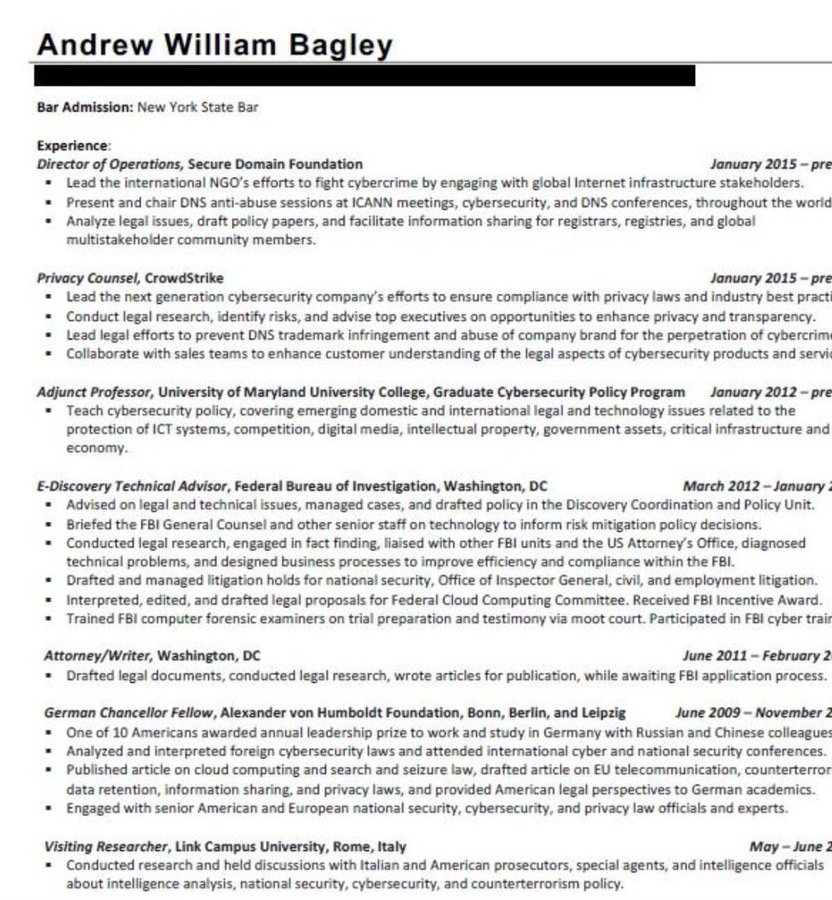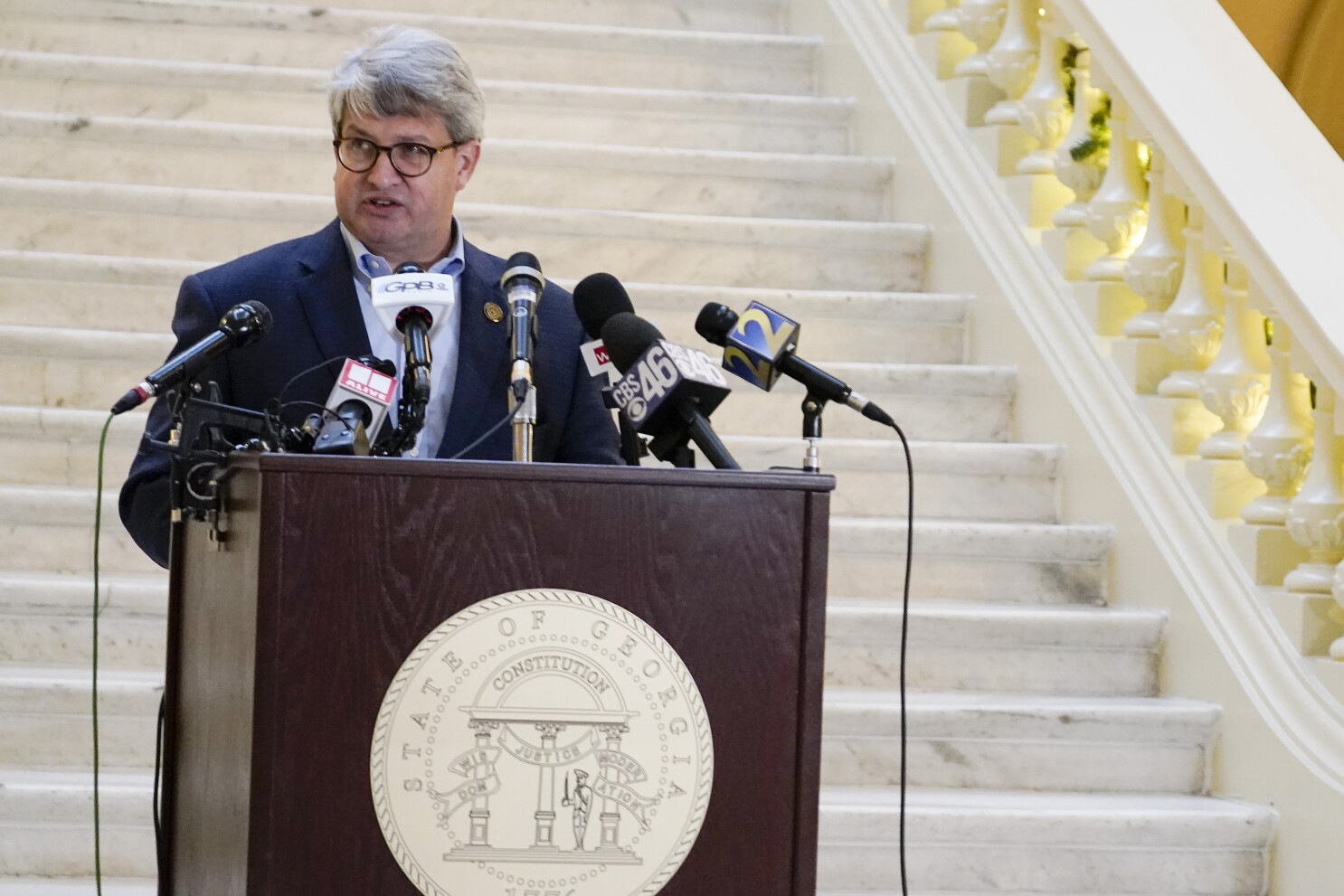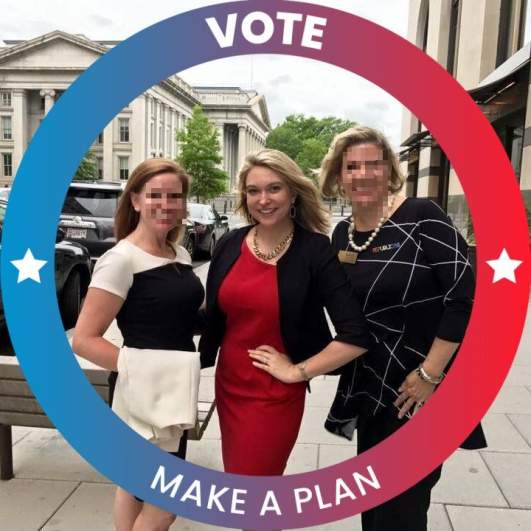This is a rather long article but for your benefit and that of our nation.
For decades, slicing away at human rights and the protections of the Bill of Rights have been not only been happening but in recent years it has moved into a faster forward gear. The right to self protection is often bundled in the 2nd Amendment but consider self protection is also protected in the 1st Amendment and that means protecting ourselves with speech, rallies and peaceful protests.
Big media and big tech are grouping people that are for law and order, that are conservatives and are loyal Trump supporters because of his doctrine are under assault which is beyond dispute. Big media and big tech are on overt missions to terminate Fox News, NewsMax, OANN and even social media platforms such as Parler. Just turn on CNN and MSNBC for an hour if you can stand it and the proof is there.
All for the greater good….yeah sure….
Understand that the template for a national lock-down during the beginning of the pandemic, we behaved. We stayed home, we detached ourselves from society, we could not go to church, we could not go to doctor appointments, we could not go to the gym to maintain physical fitness. Dr. Fauci was the expert and we were told to trust the science of the virus. That science changed countless times. Since then, many mayors and governors have mandated closures and sequestration applying slippery facts and slanted science.
 an empty Time Square
an empty Time Square
We continue to suffer from fear across the nation for various reasons that altering our behavior and thought. We don’t want to be cancelled, but we are getting cancelled nonetheless. We are in a tidal wave of censorship meant to silence foes and settle old scores.
Thought, conversation and dissent is a human right, a civil right. Free movement is as well, a long look back at unalienable rights is your duty. This report from the U.S. State Department summarizes it well.
It goes beyond MSNBC.
On Wednesday night, a member of the Democratic National Committee ranted that everyone who voted for President Trump should be “deprogrammed.”
David Atkins, who wrote in his campaign for the DNC, “I currently serve as the Region 10 Director for the California Democratic Party,” tweeted on Wednesday a message reminiscent of the repressive Communist states around the world: “No seriously…how *do* you deprogram 75 million people? Where do you start? Fox? Facebook? We have to start thinking in terms of post-WWII Germany or Japan. Or the failures of Reconstruction in the South.” Read more here from the DailyWire.
But there is yet another nefarious global policy that is taking hold and you must beware. It is called The Great Reset. It is applying the same template that was used in 2020-21. Your behavior has already been altered, so it stands to reason the global elites and the Biden administration will push that action on all of America.

Biden’s Build back better is a World Economic Forum plan to “reinvent capitalism” so that companies are more focused on the greater good, not profits, according to the WEF‘s own statements. How to accomplish that? By the “great reset.” Again, that’s according to the WEF‘s own words. source
Here is a summary for your use by Stacey Rubin, a lawyer and former litigator: (I interviewed her on my radio show)
At any anti-lockdown protest, you will see signs that say “Stop the Great Reset.” The New York Times calls this phrase “a baseless conspiracy theory.” Here is the problem. None of this is secret. There are books you can read about it and detailed websites describing it. Time Magazine even did a cover story. It’s the title of World Economic Forum head Klaus Schwab’s book on the lockdowns and the future. It was published July 9, 2020, and now has nearly 900 reviews on Amazon.
Proponents of “The Great Reset” argue that the pandemic proves our former society “doesn’t work,” so we need a tech-focused, “sustainable” future to reduce emissions and thereby “save the planet.” The Great Reset is a rebranded, tightened-up version of the UN’s decades-old “Sustainable Development” agenda (“Agenda 21”). The same policies and ideas are contained in “The Green New Deal,” which was defeated in 2019 in the US Congress.
It bears repeating: six months before “SARS-CoV-2” was discovered by China, the UN and the WEF signed a “Strategic Partnership” specifically to advance the “Sustainable Development” agenda, now known as “The Great Reset.” You can read all about this partnership online.
Schwab has been openly “fighting” (to use his own word) against Milton Friedman-style economics for decades, ever since Friedman published his famous 1970 essay: “The Social Responsibility Of Business Is to Increase Its Profits.” Schwab now predicts that the “COVID19 pandemic” — which he says will last at least until 2022 — will mark the final death-knell of “neo-liberalism,” which he defines as “a corpus of ideas and policies . . . favoring competition over solidarity, creative destruction over government intervention and economic growth over social welfare.”
Others would describe neoliberalism as “decentralized power and smaller government,” and Schwab’s preferred system as “China under Xi Jinping.”
How long has Schwab known that a pandemic could be used to advance his ideals? A while, if his publications and planning exercises are any indication. His book, COVID-19: The Great Reset contains lengthy discourse on how pandemics are known agents for major societal shifts. He asks, “Why should COVID-19 be any different?”
Then there is the fact that Schwab’s organization practiced a “high-level pandemic exercise” in October 2019, less than five months before “Covid-19″ came along. The WEF’s co-sponsors for this event were The Johns Hopkins Center for Health Security and the Bill and Melinda Gates Foundation, both of which have actively promoted 2020’s unprecedented pandemic response —as Imperial College London’s Neil Ferguson recently explained, lockdowns were not recommended by any government until Xi Jinping “changed what was possible” by proclaiming “this worked for us in China.”
This extraordinarily fortuitously-timed pandemic planning exercise makes Schwab look like something of an oracle. Indeed, he openly brags about his foresight:
“For years, international organizations like the World Health Organization (WHO), institutions like the World Economic Forum and the Coalition for Epidemic Preparedness Innovations (CEPI — launched at the Annual Meeting 2017 in Davos), and individuals like Bill Gates have been warning us about the next pandemic risk, even specifying that it: 1) would emerge in a highly populated place where economic development forces people and wildlife together; 2) would spread quickly and silently by exploiting networks of human travel and trade; and 3) would reach multiple countries by thwarting containment.”
In 2017, Anthony Fauci made a similar prediction, declaring that “there is no doubt” that Donald J. Trump “will be confronted with a pandemic” before the end of his term. Like Schwab, Fauci actively promotes lockdowns. Like Schwab, he declares that we can never again return to normal — if we do, we should expect diseases to constantly jump from animals to humans (because pandemics never happened until 2020, when the world grew “too industrialized”). To save ourselves, we must redesign society “in harmony with nature.”
Both Fauci and Schwab’s prose are littered with terms like “sustainability,” “inclusiveness,” “green,” “nature,” and “harmony.” Terms that are hard to disagree with, although the behaviors supposedly promoting them are a harder sell. Schwab reveals in his “Great Reset” book that our new germ-avoidant behaviors are seen as optimal to “the environment:”
During lockdowns, many consumers previously reluctant to rely too heavily on digital applications and services were forced to change their habits almost overnight . . . many of the tech behaviors that we were forced to adopt during confinement will through familiarity become more natural. If health [read: fear of germs] considerations become paramount, we may decide, for example, that a cycling class in front of a screen at home . . . is safer (and cheaper!).
The same reasoning applies to many different domains like flying to a meeting (Zoom is safer, cheaper, greener and much more convenient), driving to a distant family gathering for the weekend (the WhatsApp family group is not as fun but, again, safer, cheaper and greener) or even attending an academic course (not as fulfilling, but cheaper and more convenient).
Spelling this out for those too stunned to take it in: this is an open admission that it benefits Schwab and Fauci’s political agenda to continue lockdowns as long as possible. The same people who sell interminable lockdowns — by ignoring great science on pre-existing immunity, lack of asymptomatic spread, and flawed PCR tests — believe the lockdowns are the perfect agent to usher in the changes they desire. Will they succeed? Is their behavior remotely justified? Does the pandemic really prove our society is fatally flawed? Why can’t they use the political system to gain majority votes if their agenda is so good?
Covid-19 is the first major pandemic in six decades. Worse pandemics occurred in 1918, 1957, and 1968, when the population was exponentially smaller (1.8 billion; 2.8 billion; and 3.6 billion, respectively) and carbon emissions were not even on anyone’s radar. Because pandemics have always occurred, there is no logical basis — not even a flimsy one — to infer that “population growth,” “climate change” or “industrialization” caused this one.
People may or may not agree with Schwab that Zoom meetings are preferable to in-person work, that sitting in the same house every day of the week is preferable to commuting to an office, that local entertainment is better than international travel, that exercise classes are just as good over the computer screen as they are in a studio. But there is one thing most people agree with: being told that “germs” threaten your existence when they really do not is abusive.
Scaring people into their homes, making them fear their own family and friends, preying on their vulnerabilities, shattering their social existences— especially when you knowingly do this in hopes of making it permanent — is just about as bad as human behavior gets.
Just as bad, Schwab et al. know the lockdowns are “taking out” certain industries while sparing others: in a nutshell, the powerful survive. Anyone who has both this knowledge and the ability to influence lockdown duration has an unthinkable level of power and an unlimited ability to amass more of it by manipulating pretty much the entire global financial system. All of this is eminently predictable by the people encouraging, supporting, and imposing the restrictive orders.
“The [restaurant] sector of activity has been hit by the pandemic [lockdown] to such a dramatic extent that it . . . may never come back. In France and the U.K., several industry voices estimate that up to 75% of independent restaurants might not survive the lockdowns and subsequent social distancing measures. The large chains and fast-food giants will. This in turn suggests that big business will get bigger while the smallest shrink or disappear. A large restaurant chain, for example, has a better chance of staying operational as it benefits from more resources and, ultimately, less competition in the wake of bankruptcies among smaller outfits.”
Knowingly taking out small businesses — one of the last bastions of free speech and independence, distinguishable from the tightly-controlled corporate world — is evil. It is hard to believe anyone would do it, if they could avoid it. However, it is equally hard to ignore the fact that Florida, Georgia, South Dakota, Texas and Sweden (among many others) have fully open economies and average mortality to show for it.
Both public health ethics and the Siracusa Principles dictate that the “least restrictive means” must be used when “public health” is given as a justification for restricting basic human rights, such as the right to earn a living. Yet Schwab and Fauci both ignore Sweden and Florida, and claim that Covid-19 lockdown restrictions must continue until 2022 (or longer). How on earth do they justify it?
They seem to be telling themselves — and may even truly believe — that they are “saving the planet,” so the ends justify the means. In his book, Schwab poses the rhetorical question, “Is it okay to lie to the public for some greater good?” “Well,” I would respond, “who should we trust to decide what is the greater good?” There will never be unified agreement on which system achieves this end. Some will vote Milton Friedman, some Klaus Schwab. Most everyone, however, would agree that tricks like exploiting pandemics should not be used, even by “one’s own” side.
Reasonable people may well believe in the merit of Schwab’s “stakeholder economy.” But they undoubtedly expect to be persuaded of its merit, not to have the system foisted on them by ruse. The democratic process exists so ideas can be openly hashed out, debated, and settled by the public, each person allotted one vote. Schwab quite openly admits that he would like to dispense with this process — it is not producing the result he desires. Far from it: recent populist movements in the US (“Make America Great Again”) and UK (“Brexit”) have specifically rejected his collectivist ideals:
“Without greater collaboration, we will be unable to address the global challenges that we collectively face. Put in the simplest possible terms: if, as human beings, we do not collaborate to confront our existential challenges (the environment and the global governance free fall, among others), we are doomed.”
In his “Great Reset” marketing book, Schwab threatens that this rising tide of nationalism will prove “incompatible” with the United States dollar’s “status as global reserve currency.” He suggests that an alternative currency will be needed, that a global digital currency is eventually going to arrive, and that China is “years ahead of the rest of the world” in developing one.
Although he doesn’t say so directly, Schwab et al. undoubtedly dislike what Trump has been doing to defend the dollar. Schwab quotes Barry Eichengreen and European Central Bank representatives as follows: “The security premium enjoyed by the U.S. dollar could diminish” because “the U.S. is disengaging from global geopolitics in favor of more stand-alone, inward-looking policies.”
Predictably, Schwab makes the argument that these same nationalist policies proved disastrous during “the pandemic.” Echoing the WHO’s praise of China’s collectivist action in Wuhan — which Xi Jinping proudly declares “eradicated the virus” from the entire nation of China — Schwab writes that countries fared better during the pandemic when they share “a real sense of solidarity, favoring the common good over individual aspirations and needs.”
“Favorable societal characteristics [include] core values of inclusivity, solidarity and trust [which] are strong determining elements and important contributors to success in containing an epidemic.”
Support for these concepts is not a new feeling for Schwab. This did not spring organically out of the pandemic for him, like an epiphany. Rather, this is his long-held vision of utopia and his life’s work. He’s been talking about it for decades:
Earlier this year, Schwab told the Financial Times that his aim has been to beat back Friedman. “What was for me always disturbing was that Milton Friedman gave a moral reasoning to shareholder capitalism — [he argued] the role of business was to make business earn as much as possible and then the money would flow back from the company to the government in the form of taxes. I had to fight against the wave.”
In short, Schwab et al. are on a mission. The mission is to change society. They admire China’s and New Zealand’s governance. They practiced for a pandemic. Science has been thrown to the wind for months, censorship is rampant, Sweden and Florida are ignored, the rule of law is suspended, and certain governors seem determined never to release us from their declared “state of emergency.”
These circumstances are favorable to Schwab and his powerful allies, including technology companies, billionaires, the media, China, the UN, and others. They are detrimental to billions of less powerful, less organized people and small businesses. There is a lot we don’t know, because we aren’t being told.
Schwab and his ideologically-aligned allies think they are saving the world. It is not conspiracy theory to read their own books and listen to their own words, which target fundamental liberties and rights that the West has long taken for granted. At some point, it’s not unreasonable to observe that this is no longer about public health. It’s about a new political vision, one hatched by a private few in order to rule over the many. It is unlikely to be shared by most people, thus setting up what is likely to be an epic battle in 2021.

 CrowdStrike was working on behalf of the DNC, the company was also
CrowdStrike was working on behalf of the DNC, the company was also 
 Link University, Rome
Link University, Rome



